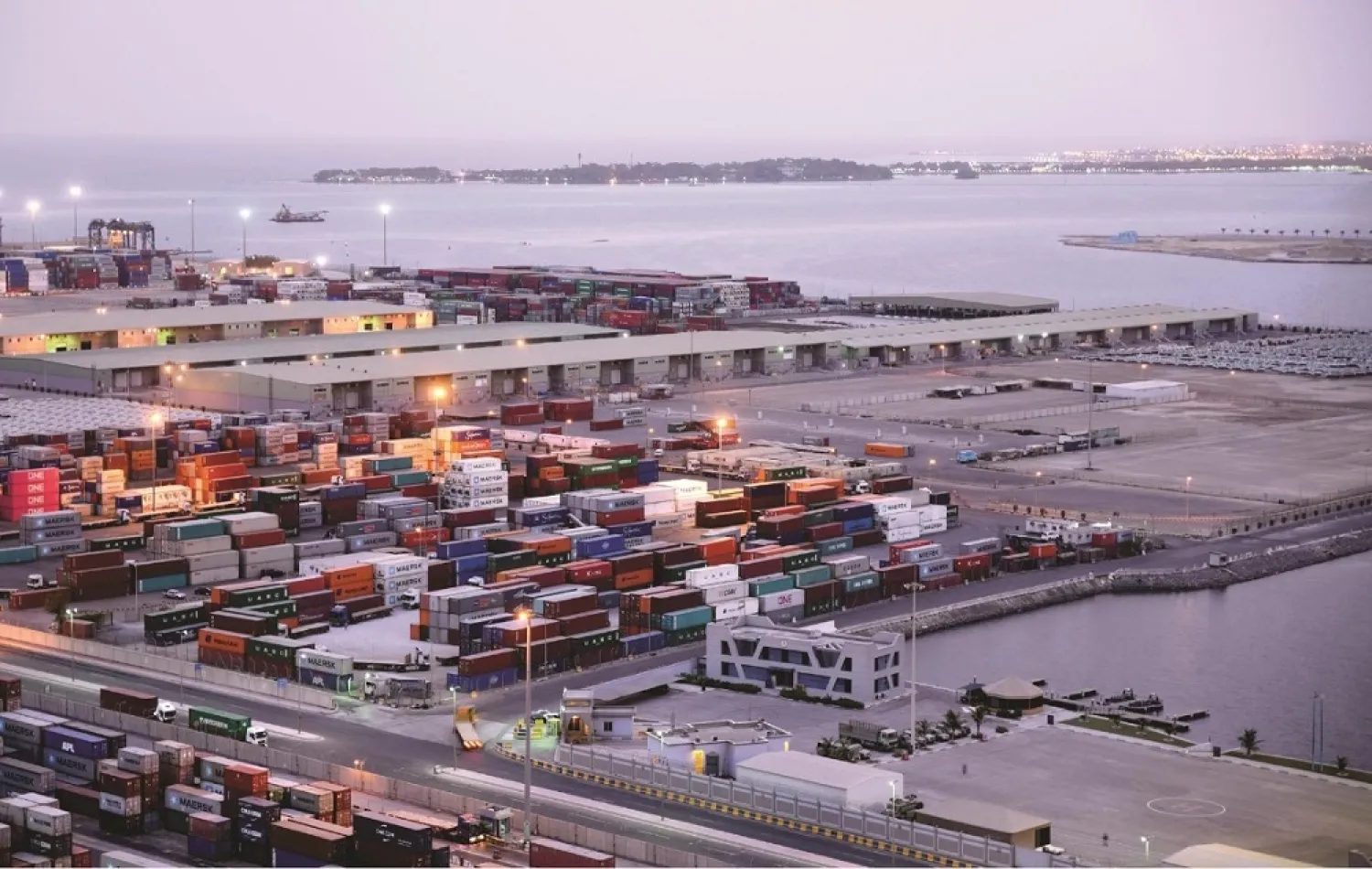The Saudi Ports Authority (MAWANI), through the Supervisory Committee for Privatization in the Transportation Sector and in cooperation with the Ministry of Transport and Logistic Services (MOTLS) and the National Center for Privatization & PPP (NCP), has announced investment opportunities in partnership with the private sector to develop and operate multi-purpose terminals in eight Saudi ports.
The initiative comes in line with the objectives of the National Strategy of Transport and Logistics Services.
It also contributes to promoting the Kingdom’s economic growth, developing local services in the ports sector and raising the competitiveness of Saudi ports regionally and globally.
The promising opportunities are represented in build-operate-transfer (BOT) structure for terminals in each of Jeddah Islamic Port, King Abdulaziz Port in Dammam, Ras Al-Khair Port, Jizan Port, Yanbu Commercial Port, King Fahad Industrial Port in Jubail, King Fahad Industrial Port in Yanbu, and Jubail Commercial Port, equipping the ports to serve various functions, including containers, general cargo, bulk cargo, RORO cargo, passengers, and livestock.
The initiative falls within strengthening the partnership between the public and private sectors in ports and logistics services. This is in addition to optimizing the utilization of assets and increasing operational efficiency in this vital sector.
Separately, the Saudi Minister of Industry and Mineral Resources signed a MoU with Sadara Chemical Company to develop the business environment of the integrated services zones.
The memorandum is aimed at diversifying economic sources to achieve an added value in the industrial sector and to contribute in providing job vacancies to citizens, as well as to push cooperation among government institutions, the private industrial sector and international firms.










